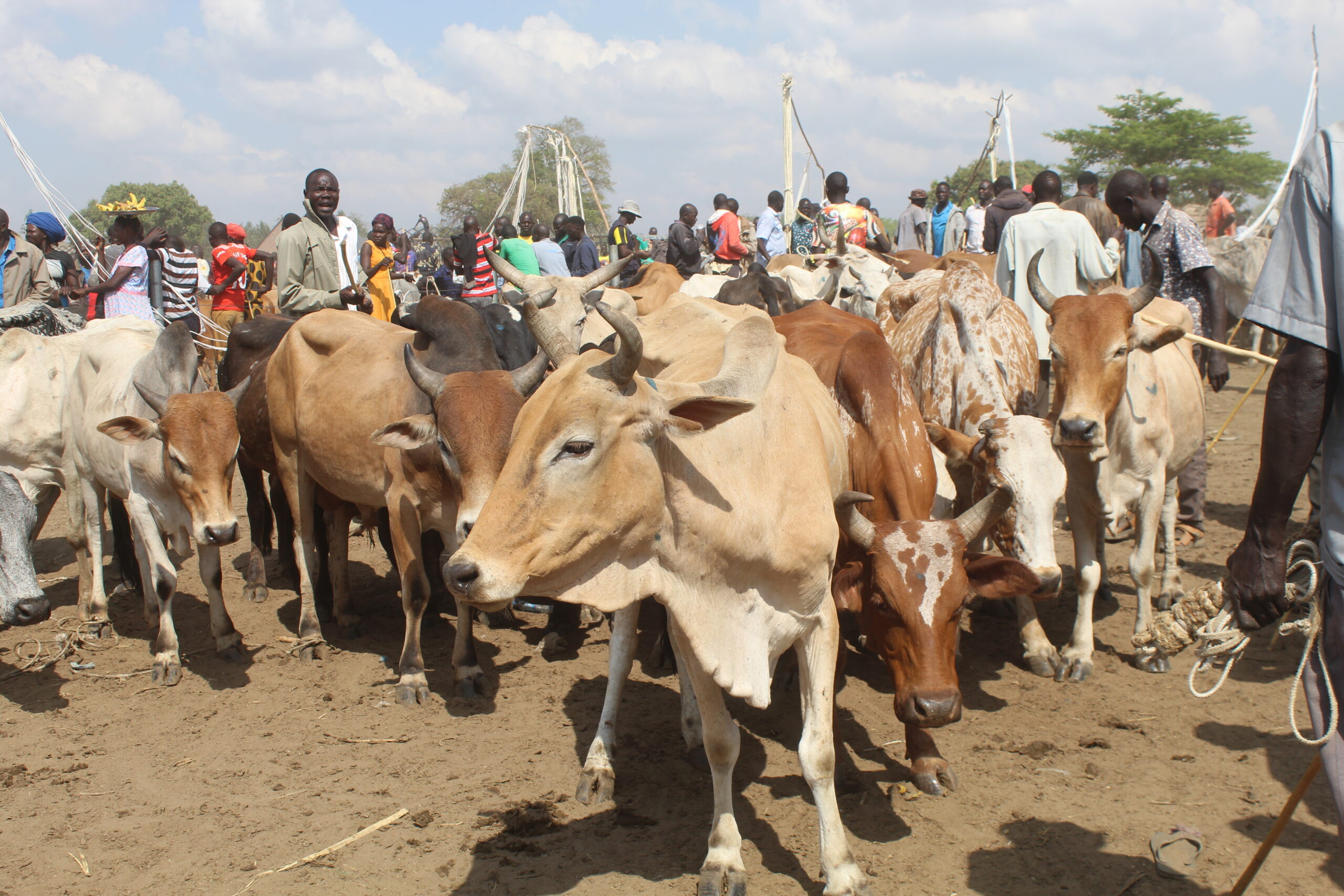SOROTI – In a bid to boost the livestock, animal scientists in Teso Sub-region are calling on farmers to embrace artificial insemination programme introduced in the area.
Animal scientists define artificial insemination [AI] as the process of collecting sperm cells from a male animal and manually depositing them into the reproductive tract of a female that is on heat so that it conceives.
In Teso Sub-region, the AI programme is being implemented by the district production department, the Ministry of Agriculture, Animal Industry and Fisheries [MAAIF], and the National Animal Genetics Resources Centre and Data Bank [NAGRC&DB].
Emmanuel Samuel Eriaku, the NAGRC regional coordinator said that the artificial insemination programme is meant to boost the quality of the indigenous local livestock breeds.
Under the programme, local breeds will be cross bred with high-quality cattle breeds like Frisian, Jersey, Ayrshire Brown, Boran, and Sahiwal among others.
According to him, artificial insemination which has been viewed in Teso Sub-region as a preserve for only commercial farmers, has the potential to transform livelihoods in both communal and farming areas.
Eriaku explained that farmers are only expected to detect the heat periods of their animals, noting that late artificial insemination may lead to cows not conceiving.
“Artificial insemination will not only boost the quality and quantity of the indigenous breeds but also increase income for the farmers since locally cross-bred animals produce more milk,” said Eriaku.
However, Augustine Onyait, a livestock farmer from Kapujan Sub-county in Katakwi district argued that artificial insemination has not been embraced by the farmers due to their inability to purchase liquid nitrogen and semen, and the inadequacy of trained technicians.
“Access to artificial insemination service in rural areas is still hard due to limited trained animal scientists and high cost of equipment required to the work,” said Onyait.
He challenged government through the Ministry of Agriculture Animal Industry and Fisheries [MAAIF] and NAGRC&DB to train more animal scientists in artificial insemination so as to increase access to the services.
According to Onyait, the training animal scientists receive at school is not enough for them to excel in providing artificial insemination services to the farmers.
He is skeptical that unless government retools animal scientists and subside the cost of getting semen and equipment needed to do carry out artificial insemination services, the animal breeding program farmers won’t embrace the programme.
Meanwhile, Dr. Peter Beine, the executive director NAGRC&DB assured farmers that they are committed to train more animal scientists across the country to call out artificial insemination services.
He disclosed that so far, a total of 39 animal scientists comprising majorly veterinary officers selected from different districts have already been equipped with knowledge and skills to carry out insemination.
According to Dr. Beine, artificial insemination has been used in Uganda for more than 70 years but less than 10 percent of the country’s local breeds have been cross bred.
It’s for this reason therefore farmers are advised to embrace artificial insemination services as one way of not only improving animal breeds but also increasing milk and beef production.
Buy your copy of thecooperator magazine from one of our country-wide vending points or an e-copy on emag.thecooperator.news
